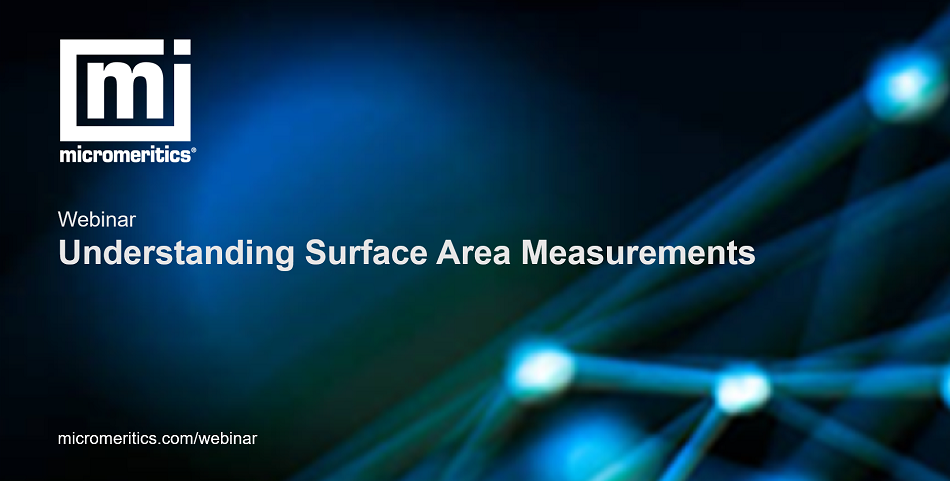
A critical attribute that contributes to the quality of a manufacturing process is the surface area of the powdered raw material. The surface area gives information about the amount of surface available to interact with binders which can offer a prediction of how the powder will behave. However, due to advances in technology, there are different techniques available and regularly used in industry to determine surface area.
Who Should Attend
This webinar will benefit beginners and professionals in research, development, processing or quality control who want to acquire a basic understanding of comprehensive material characterization or who want to refresh and expand existing knowledge. Furthermore, those who are looking for suggestions for further possible uses of physisorption, chemisorption, mercury porosimetry, particle size characterization, and powder rheology, as well as microreaction technology, should attend this webinar.
What You Will Learn
In this webinar, we explore and compare three techniques used to determine the surface area of common metal powders. These techniques are:
- BET method by gas adsorption
- Air permeability method
- The calculated method from laser diffraction and density data
In addition, these techniques also provide additional useful information about the metal powders, including porosity, density, and particle size.
Speaker
Jack G. Saad | Global Technical Training & Support Manager | Micromeritics